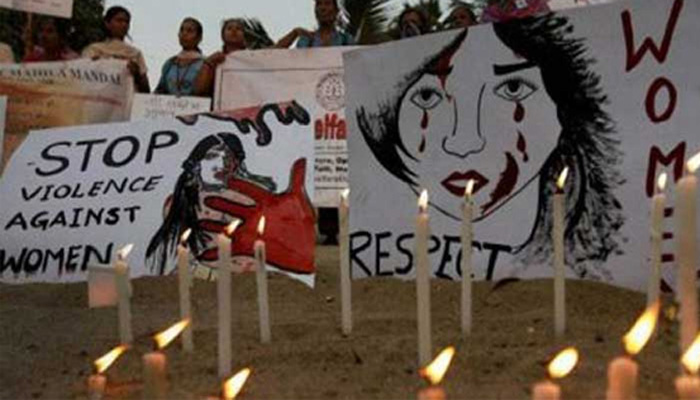New Delhi: As the ban on the telecast of controversial BBC documentary “India’s Daughter” on the December 16, 2012, gang-rape continues, the Supreme Court on Tuesday sought response from two lawyers for making derogatory remarks against women in the short film.
While hearing the case, the apex court maintained that the matter requires consideration in view of the factual and legal argument made by women lawyers’ association.
“We have heard the argument, pleadings and grievances urged in the petition. The matter requires consideration in view of the factual and legal submissions,” a bench comprising justices V Gopala Gowda and C Nagappan said.
The bench issued notices to the two advocates, ML Sharma and AP Singh, and sought their response in two weeks.
The Supreme Court Women Lawyers Association, in its petition, had sought restriction on the entry of the two advocates in the apex court premises, alleging that their remarks in the controversial BBC documentary were “inhumane, scandalous, unjustifiable, biased, outrageous, ill-minded” and are a “direct affront to and in violation of the dignity of women”, especially those practicing in the Supreme court.
Senior advocate Vibha Datta Makhija, appearing the women’s association, submitted that the Supreme Court has to lead from the front and show zero tolerance for such views.
“We need an environment where we are fearless,” she said and added that the two advocates need to be sensitised.
Senior advocate Dushyant Dave, appearing for SCBA, submitted that there should be a meaningful and proper implementation of gender sensitisation regulation.
He said, “SCBA has taken a unanimous decision to take action against Sharma.”
The petition had sought protection of fundamental rights, guaranteed under the Constitution, of the female advocates practicing in the apex court to work with dignity and without any gender bias.
The documentary is about the gang-rape of a 23-year-old trainee physiotherapist, who was brutally assaulted on December 16, 2012 in a moving bus in Delhi. It kicked up a storm after one of the convicts Mukesh Singh was interviewed in Delhi’s Tihar Jail.
The documentary has comments from the convicts’ counsel AP Singh and ML Sharma, who allegedly made derogatory remarks against women. The banning of the telecast of the documentary in all formats caused an uproar in India.
The Centre on March 3 issued an advisory to ban the broadcast of the documentary and the trial court had on March 4 banned it until further orders.
The Supreme Court in July put on hold the execution of the four convicts in the case. As per social media, the public at large wanted to see the documentary, as within a day of it being put up on YouTube, it was viewed by more 2.86 lakh people, the pleas said.








